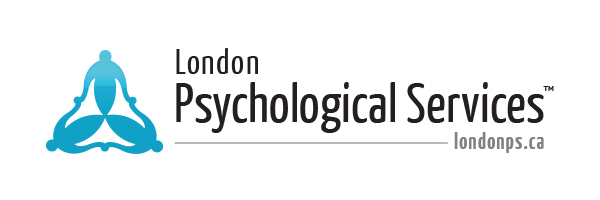BY: NICOLE CORMIER
Have you ever gone to your doctor because something was wrong – maybe your knee hurts, or you’ve been feeling dizzy, or you’re sad all the time, or you have heartburn, only to be told matter-of-factly that the problem is your weight, and that if you’d only make an effort to “move more and eat less” you’d feel better?
You’ve been shamed.
Have you ever had a habit – maybe smoking cigarettes, or drinking too much, or biting your nails, or watching “too much Netflix” (spoiler alert: there’s no such thing as too much Netflix), and been told that the hardships in your life are a direct consequence of your weakness, your failure to desist at these (coping) behaviors?
You’ve been shamed.
Have you ever had someone criticize your child’s behaviour and then blame it on your parenting style, your lifestyle choices, or your disciplinary strategies?
You’ve been shamed.
Have you ever been told by an employer that your clothing, hair, or make-up is inappropriate and unprofessional, even though co-workers who are thinner, or lighter skinned, or cisgender, or heterosexual, could wear the same styles without criticism?
You’ve been shamed.
Have you ever been yelled at, belittled, harshly criticized, or otherwise punished for making an honest mistake anyone could have made?
You’ve been shamed.
Have you ever been called (with words or with actions) too dumb, too sensitive, too emotional, too dark-skinned, too feminine, too masculine, too gay or queer, too loud, too fat, too unattractive, too weak, too lazy, or too “crazy?” (Note: there are a lot of sneaky ways people can do this: words like “unprofessional, flamboyant, exotic, ethnic, excessive, unstable, overbearing, too-much, “not-the-right-fit” are frequently coded with gendered, racialized, heterosexist, sizeist, or ableist meaning)
You’ve been shamed.
We’ve probably all felt that visceral reaction to shame. The stabbing sensation deep in the pit of your stomach or chest. The pounding heart. The burning face, neck, and ears. The nearly irresistible urge to hide, flee, drop through the floor, or curl up in a ball alone.
There are some – usually people in positions of power and privilege, who allow themselves to evade or project shame away from themselves onto “lesser” others – who will claim that shame is positive tool, a motivating “push” for “desirable” behavioural changes. Changes that bring people more in step with the status quo, with popular ideals of what is healthy and good and decent.
However, these changes aren’t necessarily in the shamed person’s best interest. Worse, the “negative outcome” used to shame a person into compliance is often not caused by that person’s behavior, but by other, unseen or unacknowledged circumstances.
How, you might wonder, can a person change when they feel like they’ve just been stabbed, like they can never do anything right, like they want to hide and never come out, like they want to make themselves disappear?
The short answer: Far from being ideal, shame doesn’t help anyone to improve their lives. It diminishes us, sows self-doubt and self-loathing, tears us down inside, bit by bit.
Academic research confirms this. Shame has never been shown to be a useful or effective motivator for change. To the contrary, experience of shame is linked to a myriad of negative mental and physical health outcomes.
Shaming of certain behaviours may be universally agreed-upon as appropriate – for example, of behaviours that harm other people such as murder or violence. Yet even in these cases, shame does nothing to fix or prevent those behaviours. It only functions to separate or distance the shamed individual from the society they have offended against.
Shame is perhaps our most social emotion. Because it is so sensitive to social feedback, shame can be easily manipulated to link our self-worth to what profits others. “Failure” is a concept strongly linked with shame when we (inevitably) cannot meet impossible external ideals.
What’s more, people or organizations in positions of privilege and power often stand to profit by blaming us for our own misery and unhappiness, thus distracting us from noticing the role they are playing in creating those miserable conditions. Shame is a way to create markets for products that offer solutions to that shame – diets, foods, exercise programs, parenting books, clothing, make-up – all these and more cash in on our shame and our sense of not being “good enough.”
Further – shame is a cheap way to control others. Instead of having to impose certain behaviors, beliefs, or changes on others (which would be costly and ineffective), shame leads us to police ourselves. Shame is a mechanism through which we do the work of oppressing ourselves for the benefit of others.
Yet shame does not often direct us toward behaviors that will lead us to a more satisfying life. Conforming to the status quo never provides relief from shame, as the fear of “falling out of line” again will always be there. Shame disconnects us from others and from ourselves. It disempowers us in trusting our own decision making, our own skills, our own ability to know what is best for us in this moment. It renders us dependent on others’ approval for reassurance that we are “acceptable,” “valuable,” “worthy.” It breaks us down and leaves us scrambling to pick up the pieces.
You don’t need to pick up the pieces alone. At London Psychological Services, we are here to help ground you against shame and oppression – to work with you to feel empowered and anchored in who you are, what you value, what you believe, and what you do.


